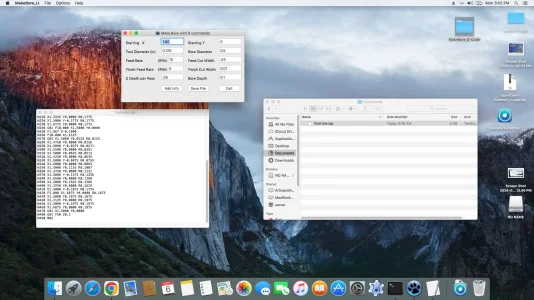slow-poke
Ultra Member
Completely agree, to really appreciate what is going on with the uC, writing some actual machine code at some point is really worthwhile, I programmed my third robot all in assembly code.C# is alive and well on almost any platform. There used to be a time when myth had it that assembler coding was needed for interrupt handlers. Even in 1986 that wasn't true anymore on 68k systems. And given the intervening decades likely not true for anoy other architecture either barring PIC and similar. Maybe not there either.
I started with assembler on Z80 and Univac 1100's, moved to PL/I, Fortran, Cobol and eventually C. Hated C++, love C#. tolerate Python but not a fan of magic indent rules . Don't get me started on the mess created by the Arduino style of C/C++.
I have a decent amount of experience with C, I'm not a fan of C++ either, I have never used C#, what do you like about C#?


